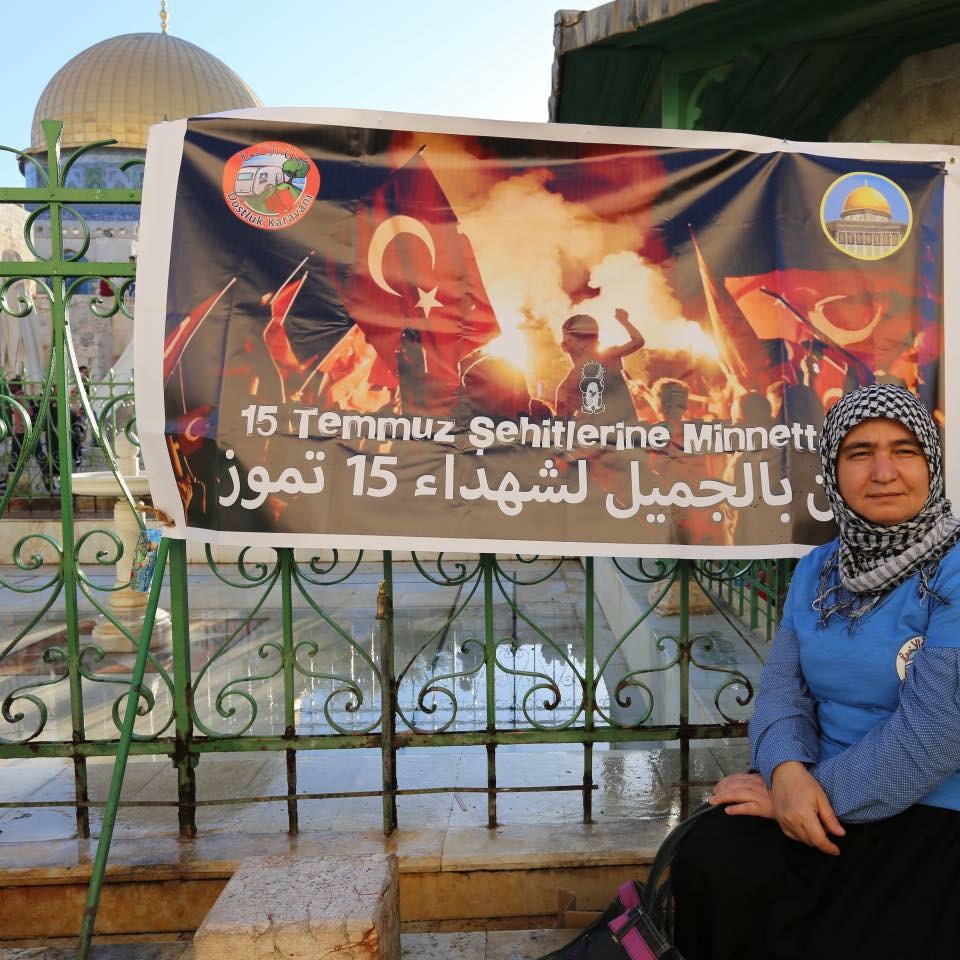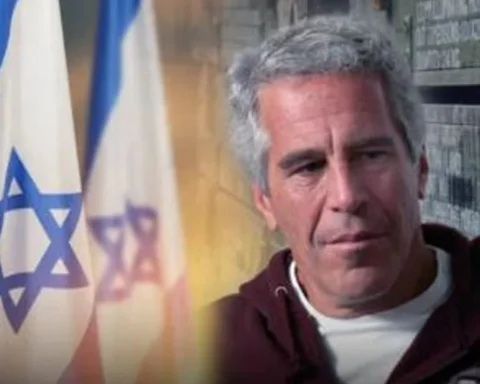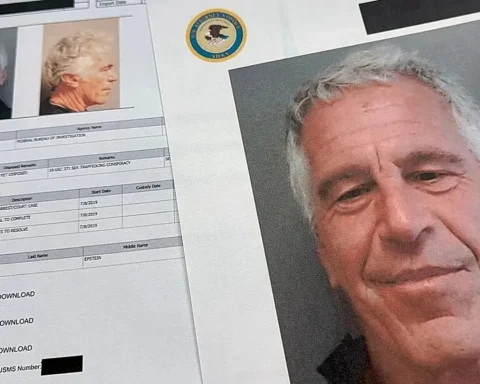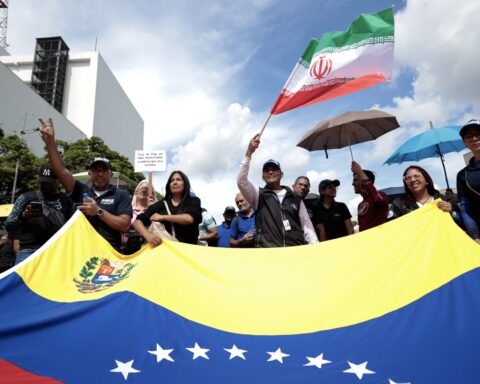December 12, 2024
Ayşe Doğu
Our visit before our last visit to Jerusalem had been during Eid al-Adha in 2017, and we stayed there for ten days. It was the day before Eid al-Adha we flew to Jerusalem, aiming to be at Al-Aqsa Mosque on Eid morning. This time too, we boarded the plane on the day before Eid ul-Fitr. Our ten-persons group, including children, were fasting as it was the last day of Ramadan. Friends in Jerusalem were preparing an iftar meal for us, and we were excited because it would be our first iftar in Jerusalem. When the plane landed at Tel Aviv airport, the sun was only five to ten minutes away from setting.
However, we were greeted by the routine procedures of the Israeli airport authorities, which involve detaining certain passengers and interrogating them for nonsensical reasons. They pulled aside two of our traveling companions whom they considered suspicious, questioned them in English and took their e-mail addresses. Meanwhile, the sun set, and the time for the call to evening prayer passed. Some of us broke our fast with the nuts and tea bags provided on the plane, while others waited for Turkey’s local iftar time to eat once we reached Jerusalem. Of course, because of this disrespectful practice -it is impossible not to know that it is the last day of Ramadan and the time of iftar in these holy lands marked by religions like Palestine, and ignoring it is an unforgivable disrespect.
We arrived in Jerusalem an hour late. We sat at a sumptuous table prepared by a Palestinian family we knew from the past. The meal included vegetable soup- the same soup is also available in Bosnia, a version with meat is made in Bosnia, it corresponds to the dish we have with peas, carrots and potatoes- and Maklube-a meal made up of boiled rice and baked eggplant casserole mixed with cooked cauliflower, carrots, and chicken or lamb. That meal, rich with saffron, vegetables and meat or chicken, was so light that we ate two or three plates each and chatted while drinking our tea.
Meanwhile, the most important problem for us abroad is; neither this nor that, not being able to find the brewed tea that we addicted and drink during breakfast and after meals… Being away from one’s homeland makes one realize how dependent they are on things they took for granted. We don’t recognize the profound influence of our habits or the importance of flavors unique to us until we are away.
On the first visit, the excitement of discovering new flavors and places outweighs everything else. However, over time, the connections—strengthened by religion, history, and folklore—become more exhilarating.
Beyond the historical and tourist sites we visited, the most striking thing about Jerusalem was the reality on the ground: the humiliation of Palestinians and the lack of safety for their lives and property.
The Israeli side of this forced union is so used to moving forward with violence and tyranny that they think that more violence will be enough to get results and maintain the actual situation. Israel is the epitome of brutality, superficiality, and disproportionate force.
Israel is a malignant tumor and a project imposed on the Middle East by the U.S., Russia, and Britain. Similar projects have been applied in Ireland and in many societies in American, African and Asian continents. Logically, it is similar to the logic of terrorist organizations in carrying out their actions. This terrorism-like activity is supported by media bombardment, hiding behind global and philosophical arguments. It creates a temporary paralyzing effect with its cruelty and meaninglessness beyond human imagination. In order to understand this ideology of terror and raise awareness about it, which was marketed with claims such as “the world has become a big village, the world has become globalized, it has become smaller”, which was loudly voiced and engraved in our minds in the 1990s; it is necassary to visit the areas exposed to global violence and terrorism and see the reality itself by naked eye, such as Jerusalem, Bosnia, Iraq, Afghanistan and Syria.
While living contentedly in their small world, one might perceive these claims as harmless and rosy utopias. However, when someone steps out of their shell and sees things firsthand, they realize that these are far from innocent wishes or ideologies. When the elites talk about a “smaller world,” they do not mean effortless access to the remotest corners of Africa via cell phones or airplanes, nor the freedom to roam like a tourist. What they mean is their own unrestricted ability to move around the world for their interests. But it goes even further than that. Their ultimate aim is to establish control and influence over everything: local and religious values, spiritual anchors like family and community, state institutions, and every aspect of social and economic life.
The pursuit of a superior race that Hitler attempted is being continued with the same logic but through different means. A vast humanity, scorned and condemned for their beliefs and way of life, along with the cultures they have preserved and enriched over time—spanning food, lifestyle, marketplaces, education, and knowledge—is now under threat. As the famous philosopher Heraclitus said, “You never step into the same river twice.” Israel is trying to immerse itself in Hitler’s river.
In Jerusalem, the most symbolic evidence of this stance is the restriction and control over religion and daily life. To enter both Al-Aqsa Mosque and the Samaritan community in Nablus, one must pass through Israeli checkpoints. Samaritans are also imprisoned in their villages. Even on the way to the airport, we were repeatedly stopped and delayed by 15 to 20 minutes, potentially risking missing our flight. At the airport, however, the opposite occurred—we were given priority over other passengers. Yet, Turkish passengers who had arrived at the airport a day before us were subjected to even more disrespectful and inhumane harassment under the pretext of investigations.
The basis of Israel’s course of action is ‘arbitrariness’ and ‘irresponsibility’, and offending people’s personalities by exposing them to treatment they do not deserve.
This pathological approach, condemned and forbidden by all divine teachings, manifests routinely in Jerusalem as a blatant disregard for the sanctity of places of worship and the inviolability of believers. While we, as Muslims, must pass through checkpoints and prove our faith to enter Al-Aqsa Mosque, Western tourists are admitted without any harassment or delay.
There was news in al-Eyyam newspaper that children aged 7-8 were arrested in Hebron during Eid al-Fitr. Their crime was playing with a bead guns. Palestinians outside Jerusalem are even deprived of the chance to see Al-Aqsa Mosque in their lifetime. The international community is misled into believing that Israel and Palestine are two equal administrations.
Crossing from Jerusalem to Ramallah involves going through Israeli checkpoints and passing through separation walls, meant to imprison Palestinians. Without a valid permit, moving a few kilometers is impossible.
When we passed through security, we saw a Palestinian family standing fearfully by the wall with a dog inspecting their car. The father, with two young children aged around five to eight, stood helpless, unable to shield his children from fear. They had likely been harassed with that dog under the pretext of “security” before we arrived. This inhumane scene is chilling to witness.
Describing Israel as the most advanced democracy in the Middle East is a vile propaganda. If this is advanced democracy, democracy itself poses a serious threat to the humanity. The concept of democracy needs to be redefined. A government that discriminates among members of society and fails to act justly loses its claim to being democratic.
We took photos in front of the pictures drawn on the wall of shame surrounding Ramallah. Due to the holiday, the streets of Ramallah were completely empty, leaving one with a sense of artificiality and a lack of historical depth.
The heart of Palestine beats in Jerusalem, Bethlehem, Hebron, and Jericho—the heart of history and land is alive and vibrant. But the cities rebuilt by the invaders, such as Tel Aviv, West Jerusalem and Jaffa, are soulless, grey, eerie and unpleasant. It is as if their ugly spirits have permeated their cities. There was hatred and aggression in the eyes of even the children on the streets of Tel Aviv. Behind the fake happiness, there was a deep sense of guilt and a noticeable uneasiness that one day the hour of revenge would come. This group of millions of invaders has made up a thousand false histories in order to hold on to these lands that neither belong to them nor to their ancestors, and they are trying to make the world believe it. However, neither history nor religion supports their claims. They convinced themselves that the palace of King Herod, who murdered John the Baptist (pbuh), was the temple of Prophet Solomon, and they go to a wall that was the ruins of that palace and prayed. They live with the dream of demolishing the Al-Aqsa Mosque and the Dome of the Rock beyond the wall and rebuilding the so-called Temple of Solomon (pbuh). However, it is not Prophet Solomon’s temple and the Jews are not people of Prophet Solomon. In 538 BCE, the Persians—who had occupied Palestine—brought Jews from India, settling them in Iraq for Persian Gulf trade and in Palestine for Mediterranean trade, effectively colonizing the region. (This is similar to how Iran today relocates Shia communities from Afghanistan and Pakistan to Syria, Lebanon, Iraq, and Yemen.) When the Persians were defeated and retreated by the campaigns of Alexander the Great (Alexander of Meggido) in 300 BC, the Jews of this colony pretended to believe in religion of Moses (Islam) in order to hold on to these lands, and since they were engaged in trade, they recorded everything they heard with their writing skills. The texts they sanctify, such as the Torah and Tanakh, were compiled in this manner. Their god, Yahweh—essentially the Persian king Cyrus (Kurosh-Keyhüsrev)—promised them: “Burn and destroy the entire region, kill all people, including children and animals, and I will give you the entire land.” This is what is written in the book they call holy book, and the legend of the promised land is nothing but this Persian promise. Now, 2,500 years later, Western imperialists, seeking to rid themselves of their own Jewish populations, invented the state of Israel and attempt to legitimize it with these historical fabrications. What they call Israel is actually Assyria, which the Persians had already conquered after destroying it. The Persian king’s governor in Palestine, Ezra, became “Ezrael” in Hebrew pronunciation, and from there, the term “Israel” emerged. This name, which recalls both Ezra and Assyria, unfortunately became widely accepted in Christian and Islamic literature influenced by Jewish narratives. In conclusion, there is no such place as Israel in history, no Jews who are genuinely people of Moses(pbuh), no Temple of Solomon (pbuh) in Palestine, and no God who promised these lands to these Indian gypsies. Israel is entirely a fraudulent colony, a regime of lies, oppression, and colonial exploitation from head to heels.
It is not enough just to save Jerusalem from this actual occupation, it is also necessary to put an end to the occupation of the minds by this distorted history. Only then will Jerusalem truly be free and become a city of peace worthy of its name—Jerusalem, Dar al-Salam.
Ayşe Doğu
Researcher and writer. She was editor at Yarın Publications. Former contributor and editor for Değişim and Yarın magazines and the haber10.com website.
Personal Website: www.aysedogu.com
Email: [email protected]






